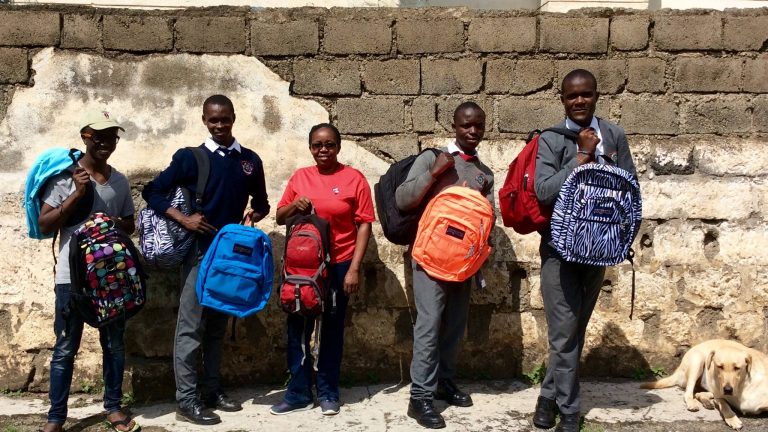
Rising mandatory fees for Kenyan schools and social issues are causing a decline in kids getting an education. While there’s no easy solution, there’s something people can do to help–sponsor a child’s education.
“We need some initial set-ups, which is $250 to get the uniforms, textbooks, shoes and bedding all bought. We also need monthly tuition fees, which depending on the grade-level and type of school are approximately $60-75/month. I have some kids that are sponsored but not 100% covered so I need a bit of “add-on,” Kim Conley Coble, the VP of Finance for Start With One Kenyanonprofit said.
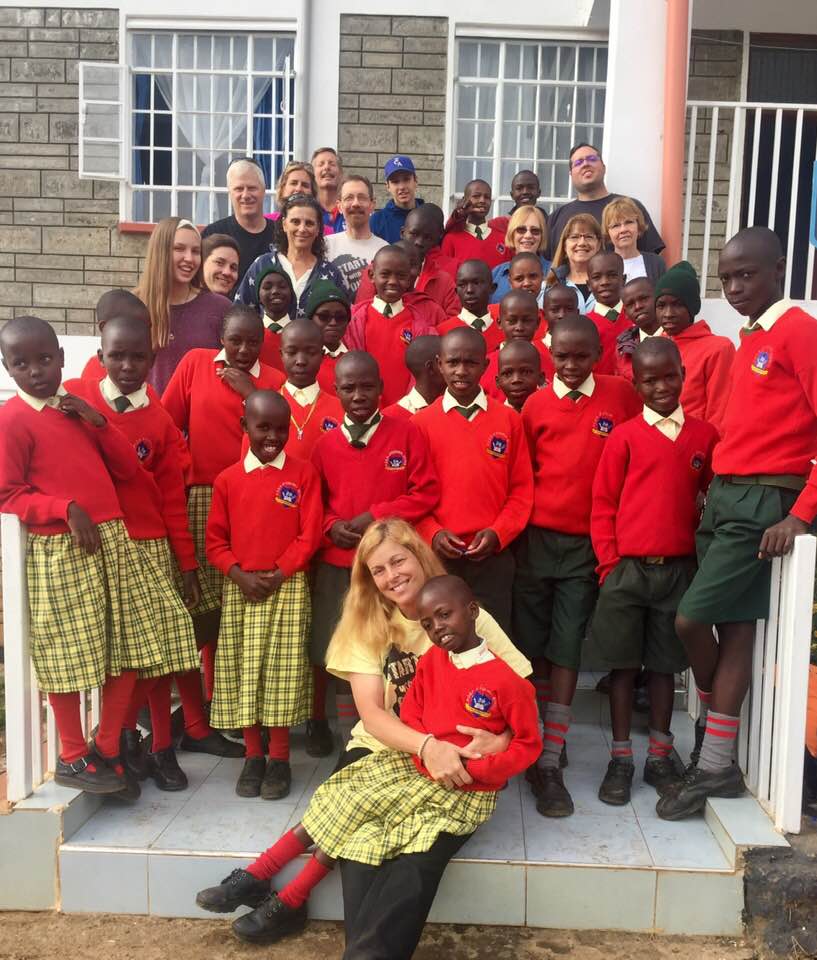
Coble and her husband Bill moved from the states to Kenya and founded the organization Start With One Kenya in 2010. They focus on helping families have clean water, getting kids an education and breaking the cycle of poverty.
“Kenyan schools are supposedly “free” up to the 8th grade. But they still need to supply their own uniforms and sometimes desks and textbooks depending on the situation. In the 8th grade they take a test (think SAT). Depending on the score they get invited to join high school. But the high schools are not free – so the tuition payments keep many really awesome kids from being able to continue on to high school. Also the best and most typical schools are boarding. The picture above is at a boarding school for younger kids (below 8th grade) which is shocking to most Americans but is very common in Kenya. We want kids to be able to stay at home but in many cases there just isn’t a good environment for these kids so the boarding school is the best thing”, Coble told The Voluntourist.
“To be clear the $250 is only ONCE – not every year. Think when you send a kid off to college, but in Kenya it’s high school. We have to buy each kid a mattress and other bedding, uniforms, school shoes, a PE outfit, bowl, plate and utensils, school supplies etc. So that covers all that. Then, in the ongoing monthly fee of $65-75/month that covers the tuition. We have a bit in there to cover the ongoing supplies so we don’t have to ask for that one time again,” she added.

Anyone can donate to SWOK and the proceeds go towards helping kids get an education. While full sponsorship is needed, any amount is appreciated and beneficial.
Below is a breakdown on Kenyan schools and general overview provided by SWOK.
1. School Levels
A. ECD. Early Childhood Development Schools equals the American Kindergarten. Children aged 3-5 attend ECD schools. ECDs can be either public or private.
B. Primary Kenyan Schools
Grades 1-8 comprise Kenyan Primary Schools. Primary Schools can be either public or private. Some Primary Schools also board children after a certain age. Attendance at a Primary School is mandated by the Kenyan constitution but economic factors can impact a child’s opportunity to attend Primary School. The Kenya government announced ‘free” Primary education in 2003. However, there are still many fees that need to be covered as well as school uniforms, and often times a school desk and textbooks are also required to be supplied by parents. The public Primary schools are typically woefully underfunded in both supplies and number of teachers. It is not uncommon to have over 70 students in a single class. Because of these factors the private primary schools usually score much better than the public school in the critical 8th grade KCPE test (see below under 5. National testing for further explanation)
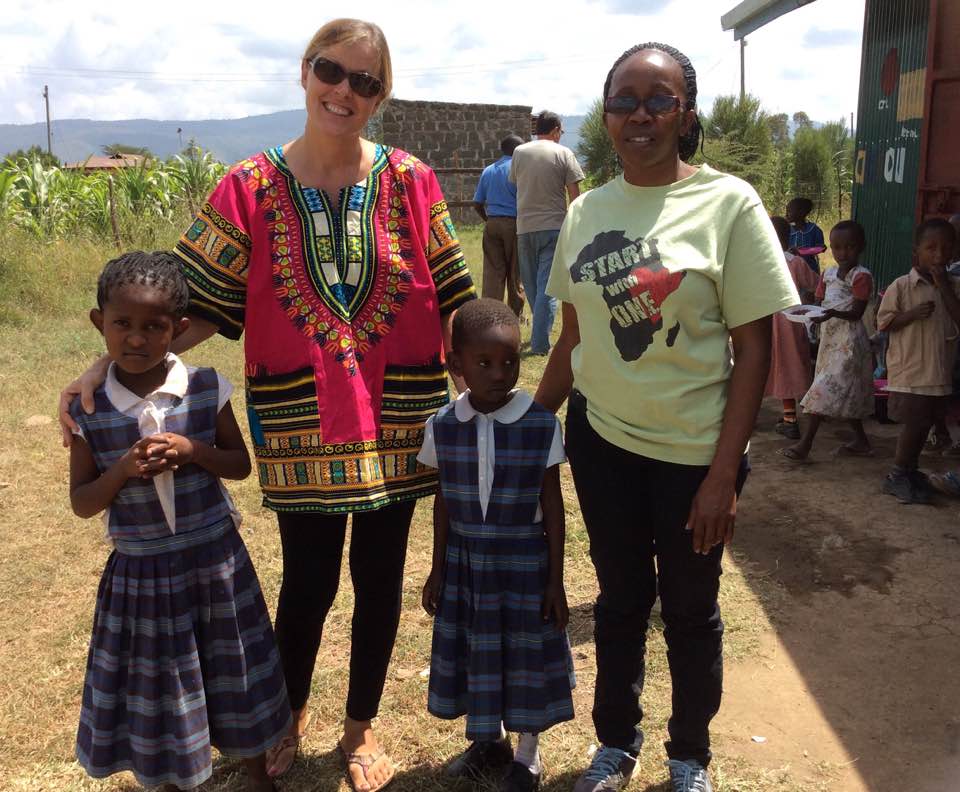
C. Secondary Kenyan Schools / High Schools. Secondary Schools are for 4 years and each grade is call a Form (Form 1 is the equivalent of 9th grade etc.). These schools are both private and public. Most of the children in the SWOK sponsorship program are in private Secondary schools or in national/county high schools which are public schools. There are two major hurdles for a Kenya child to be able to attend a high school. One being the KCPE test and resulting score and the second being the funds to go to high school because Secondary/High School is not free. Funds have to be available for tuition, uniforms, school supplies, textbooks and boarding living items. Thus, there is a great need for educational sponsorship since money often times prohibits some great potential minds from progressing forward! See below under 5. National testing for more information.
For ECD and Primary school levels, typically a Private school is preferred due to the better 8th grade KCPE scoring the private students achieve. For example, in the county where the Gituamba JKC Primary school is located, for the KCPE ranking the top 20 schools are all private. However, this changes for Secondary school level where a National or County level Public school is considered top. The seats available for these government schools are very limited and it is considered a major achievement to secure an invitation to join. Thus, the result is that most secondary students attend private schools, which is an achievement in of itself to score high enough to go to any Secondary school.
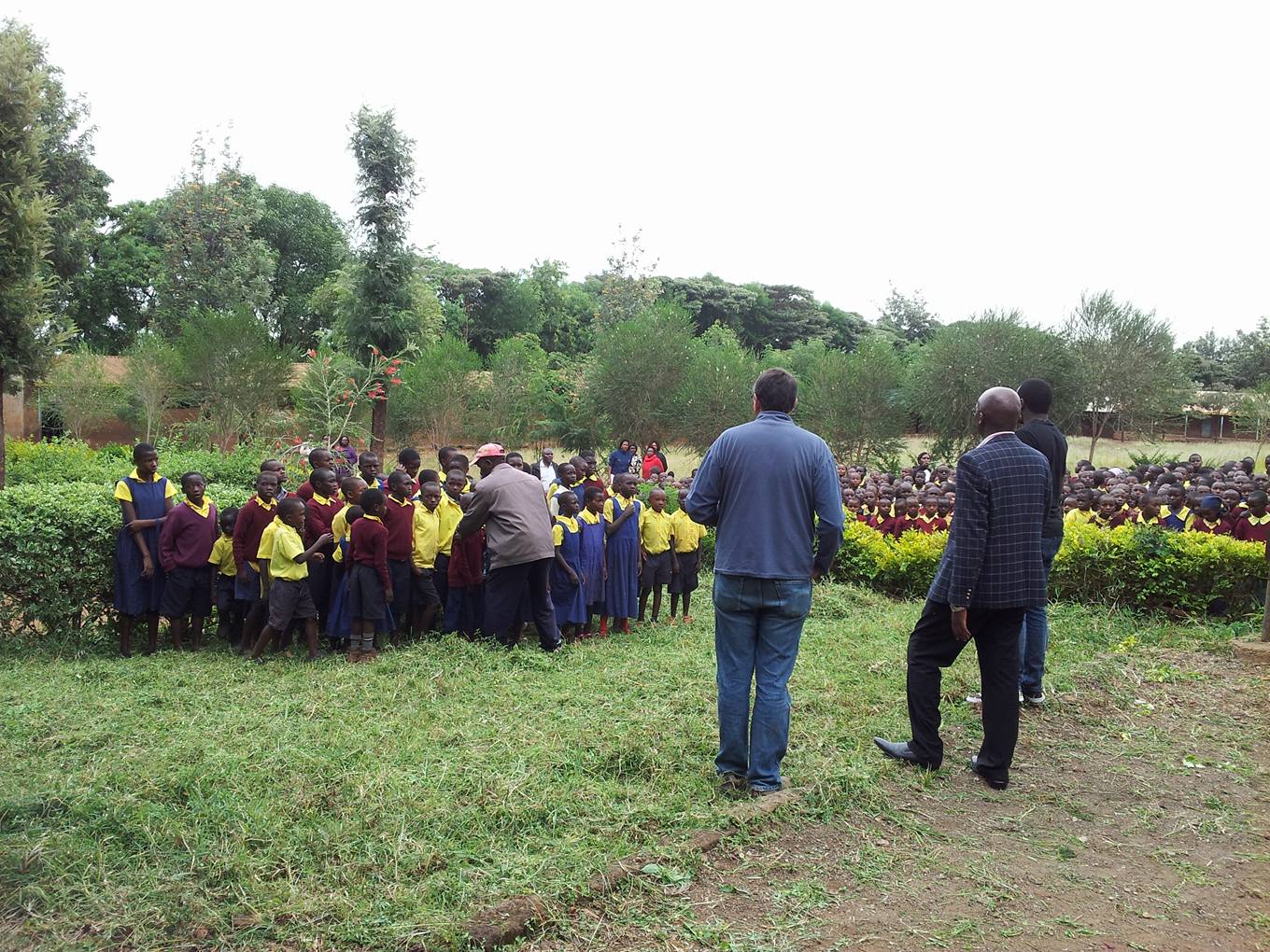
2. Boarding vs Living at Home
Boarding schools are very much the “norm” in Kenya especially for Secondary/High schools. This is because the educational system is based on the English educational system and the number of high schools are not as prolific as in America. Fewer Secondary schools consolidate very limited resources and it forces the focus to be on the top Primary students being invited to attend. Boarding schools also have another benefit of insuring that the children are able to focus on their studies. A boarding school ensures the child is being taken care of and fed and allowed to study rather than splitting attention of working a farm, collecting water and firewood and then trying to study. Since many of the sponsored children are from homes where it is not possible for him/her to receive an education due to financial hardship and other factors, most of the older children are in boarding schools.
Note: Regarding the Start With One sponsored children, all of the ECD children live at home. Many of the SWOK sponsored Primary school age children, due to home environments situations, are generally boarded. All of the SWOK Secondary students are in boarding schools.
3. The school year runs January – December. There are 3 terms per school year:
Term 1: January-March Term 2: May-July Term 3: September-November
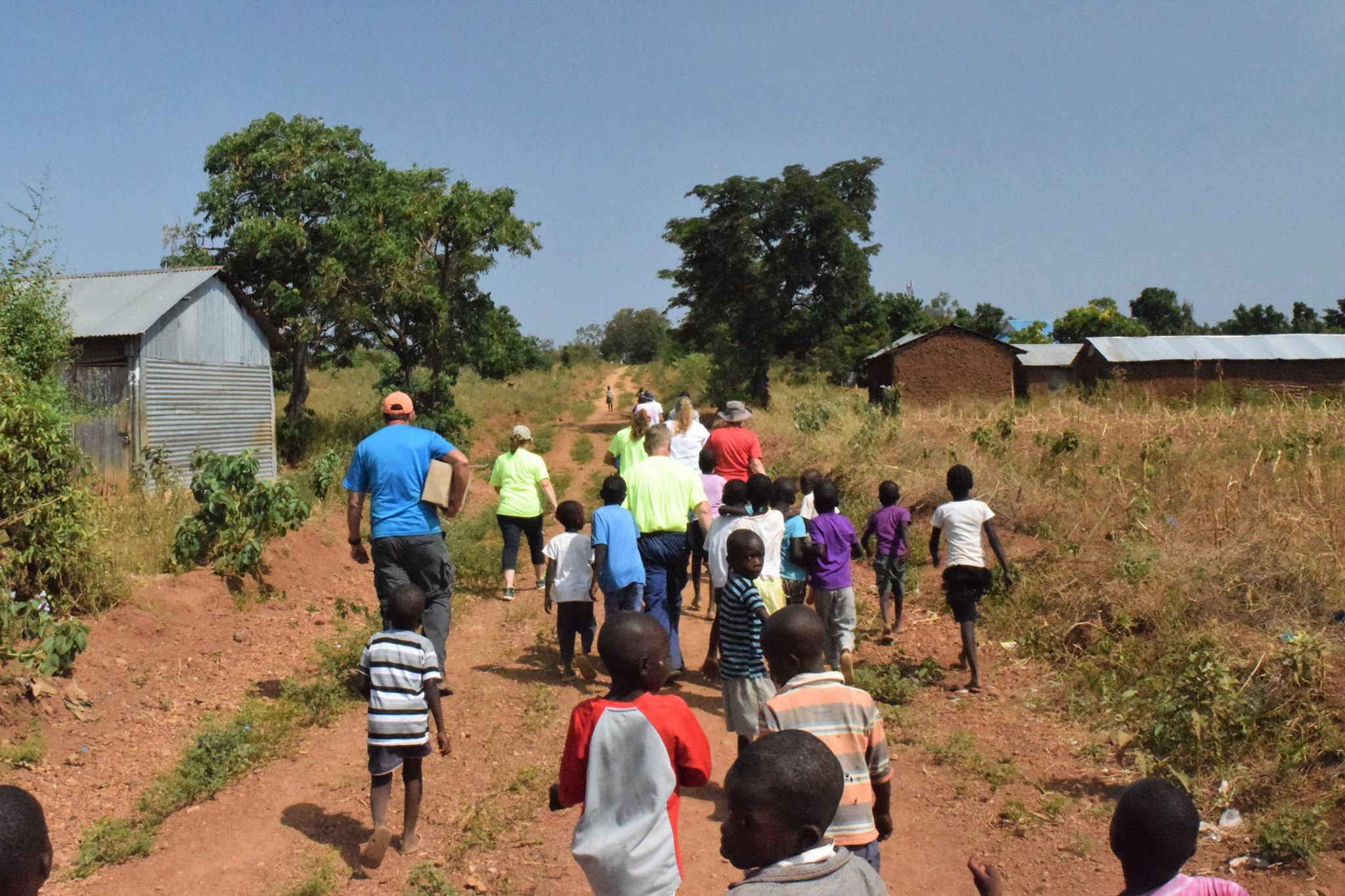
4. Grading
Grading is based on 500 points. The grading system is applied more rigorously than in the American systems. Here in Kenya 250 points is average. Typically in the lower Primary levels the marks achieved are higher, then as the child progresses to the upper levels the marks are harder to achieve so we see lower marks on the grade reports. We encourage our sponsored kids to reach for over 300 marks. 325 marks is considered to be very, very good and anything over that is considered to be amazing and quite exception! When we have children that bring in less than 250 marks we might need to place the child on probation risking be dropped from the sponsorship, depending on the specific circumstances.
5. National Testing for Kenyan Schools
In Kenya there are two VERY important tests or Educational “Rites of Passage” the children go through. One, the KCPE (Kenya Certificate for Primary Education) is at the end of the Class 8 (8th grade) and the second is at the end of their Form 4 (“HS Senior’) the KCSE (Kenya Certificate for Secondary Education)
At the end of the 8th grade, the child takes the KCPE. The scoring of this will determine IF the child will be invited to join a Secondary/High School. The best analogy for this is what American students go through with the SAT and then college acceptance – but in Kenya it happens in the 8th grade and for admission to Secondary/High school. Also, in Kenya to achieve a high enough score on the KCPE to be invited to a Kenya National or County government school is a major achievement similar to what we would consider “Ivy League”.
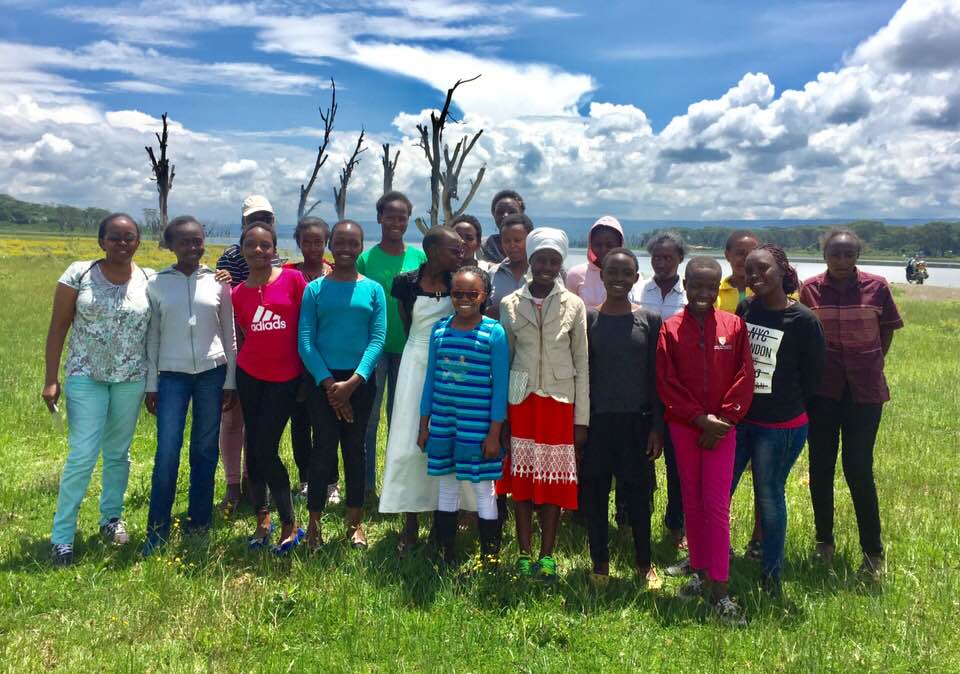
Then at the end of the Form 4 year (HS Senior) the student sits for the KCSE. This determines IF and what level of continuing education is available. Having a KCSE and the resulting score will follow the student for the rest of their life. The KCSE is becoming more and more important as most jobs now have the KCSE and a certain level score as baseline requirements before being allowed to apply for most positions or even entrance to things like Polytechnic training etc. Given that many Kenyans are stopped at the education grade 8 level due to the KCPE and tuition payment to high school, attending high school is a major diving line in the socio economic levels of Kenya society and will become more so as time goes on.
In the Kenya culture the KCPE and KCSE are considered to be so important that there are National Prayers Days for the students to do well on the tests and there is much fanfare at the schools and in churches surrounding the Class 8 and Form 4 candidates that will be sitting for the exams. Then when the results are released, the papers are dedicated to the results and the listing of the students’ scores and which schools ranked best. The KCPE and KCSE are absolutely annual national phenomenon in Kenya!
6. Uniforms
All schools at a minimum require that each child have at least 1 or 2 uniform sets, a track suit, black school shoes and athletic shoes. Each school has its own supply requirements that we must follow. These supplies are included in the educational sponsorship funds.
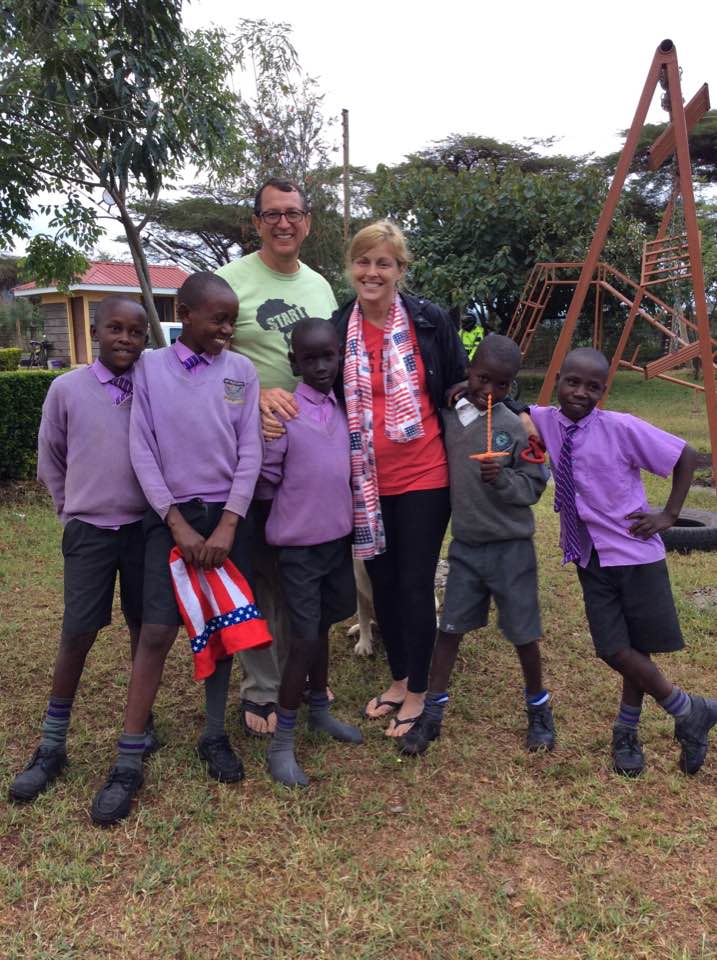
7. Average Costs for Kenyan Schools (depending on circumstances and the specific school): Costs includes tuition, textbooks, uniforms, school supplies and personal effects if boarding:
A. ECD: $600 per year B. Primary School: $650 per year C. Secondary School: $750 per year D. Initial Boarding Set-up Expenses for Kenyan Schools: $250. This cost covers items a parent would buy when sending their child off to college.
Items typically procured are uniforms, shoes, mattress, sheets, pillow, bed spread, blanket, mosquito net, towels, and basin, bowl, plate, mug, cutlery, and personal care items. E. Potential other expenditures depending on the type of school: desk, textbooks, exam fees, school trips, extra tuition between school terms, and personal effects for each term for boarding students.
For more information please visit SWOK.
